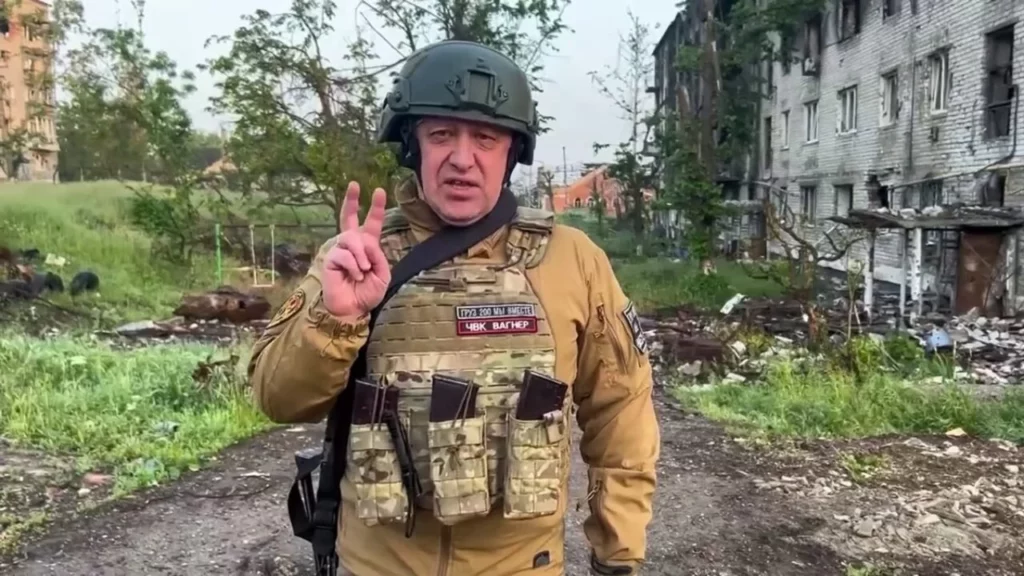In a startling development that has reverberated across Russia, Yevgeny Prigozhin, the head of the controversial private military company known as the Wagner Group, reportedly orchestrated an aborted rebellion against the Russian government. The attempted uprising has sent shockwaves through the country, raising concerns about the activities of paramilitary groups and their potential implications for national security.
Yevgeny Prigozhin, a businessman with close ties to the Russian government, has long been associated with the Wagner Group. The organization, shrouded in secrecy, has gained notoriety for its involvement in conflicts around the world, including in Ukraine, Syria, and Africa.
Reports suggest that Prigozhin had been assembling a force within the Wagner Group with the aim of challenging the authority of the Russian government. However, Prigozhin halted his mercenary army just 200 kilometres short of Moscow, and announced that he was turning back, after a deal negotiated by Belarussian President Alexander Lukashenko, a close ally of Putin.
Speculation was strong that the deal included Putin firing his defence minister Sergei Shoigu and the general in charge of the Ukraine campaign, Valery Gerasimov – both strongly accused by Prigozhin of the corrupt and inept handling of the war in Ukraine.
The incident has prompted intense scrutiny of the Wagner Group and its leader. The group’s activities, operating as a quasi-private military force, have long raised concerns about accountability and the potential for destabilization. The aborted rebellion underscores the need for robust oversight and regulation of such paramilitary entities to prevent them from veering into unlawful activities.
The implications of Prigozhin’s involvement in the attempted rebellion extend beyond domestic borders. It raises questions about Russia’s foreign policy and the potential influence of private military companies on global conflicts. The Wagner Group’s alleged role in various international theaters has drawn attention to the evolving landscape of modern warfare and the potential for unregulated actors to impact geopolitical dynamics.
The Russian government, in response to the incident, has reiterated its commitment to maintaining law and order within the country. Authorities have vowed to thoroughly investigate the attempted rebellion, bringing to justice those responsible and shedding light on any potential networks or external influences involved.
The turmoil in Russia has also raised questions about Russia’s future relations with BRICS, South Africa and Africa in general. Putin’s preoccupation with internal security could solve Ramaphosa’s dilemma over his problematic possible visit to South Africa in August for the BRICS summit where South Africa would be obliged to arrest Putin, who has been charged with war crimes by the International Criminal Court (ICC).
Prigozhin’s aborted rebellion has sent shockwaves through Russia, prompting reflections on the role and regulation of private military companies. It serves as a stark reminder of the delicate balance between security, sovereignty, and the need to prevent non-state actors from undermining national interests.
